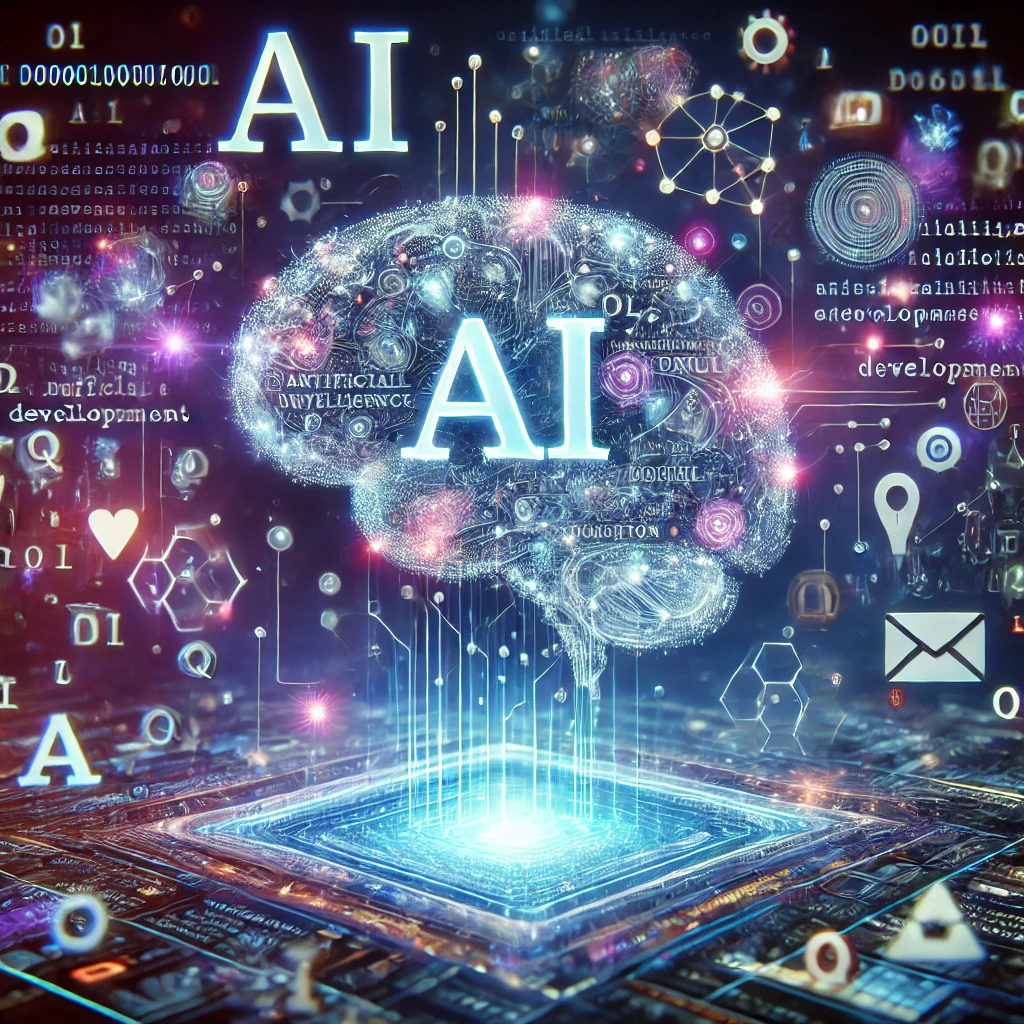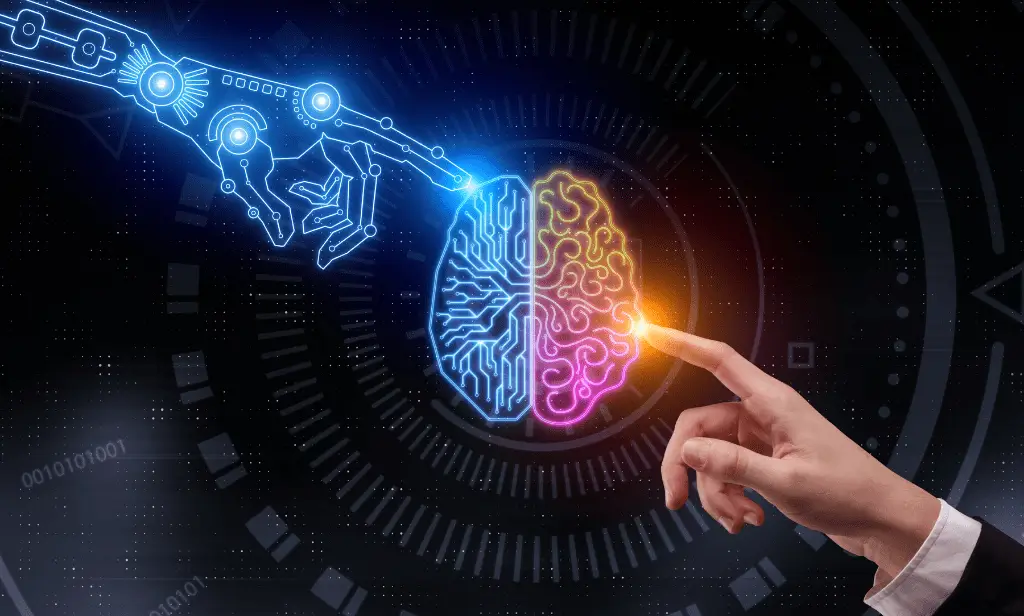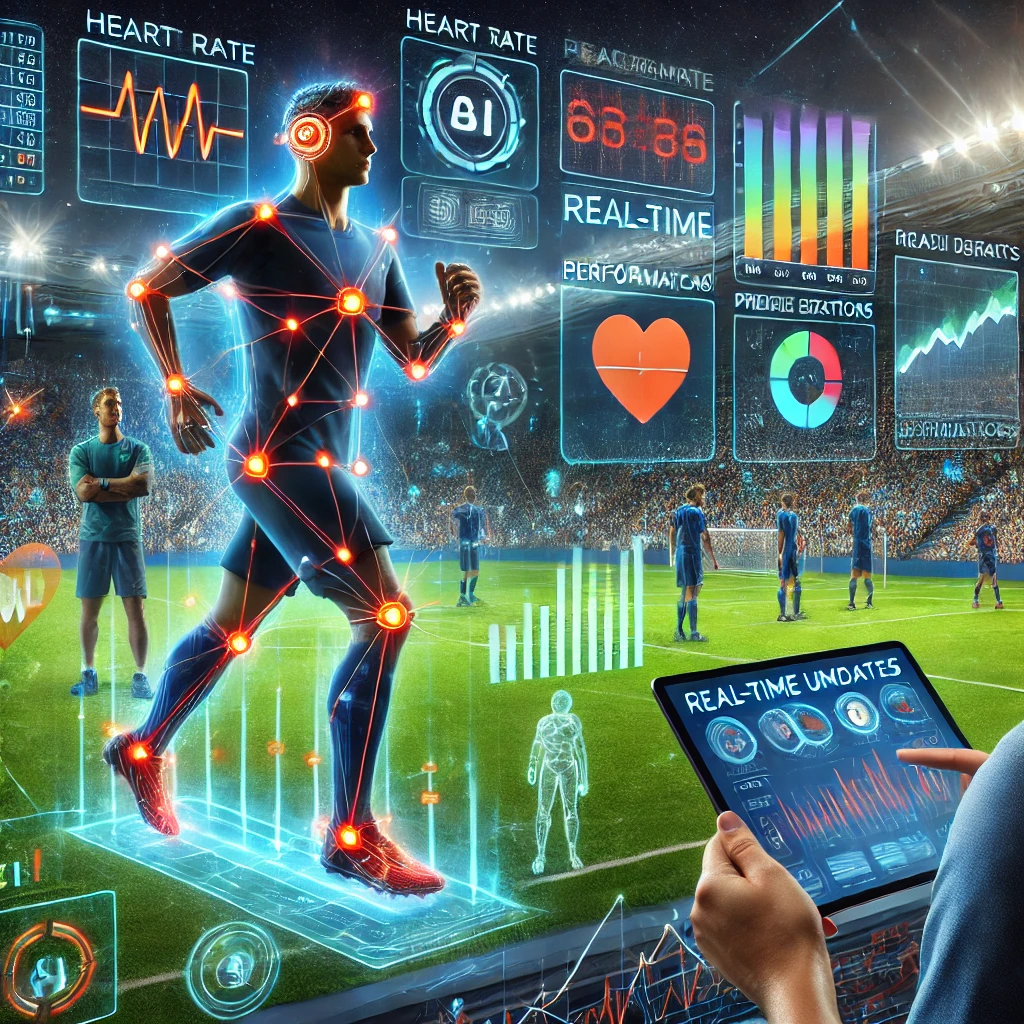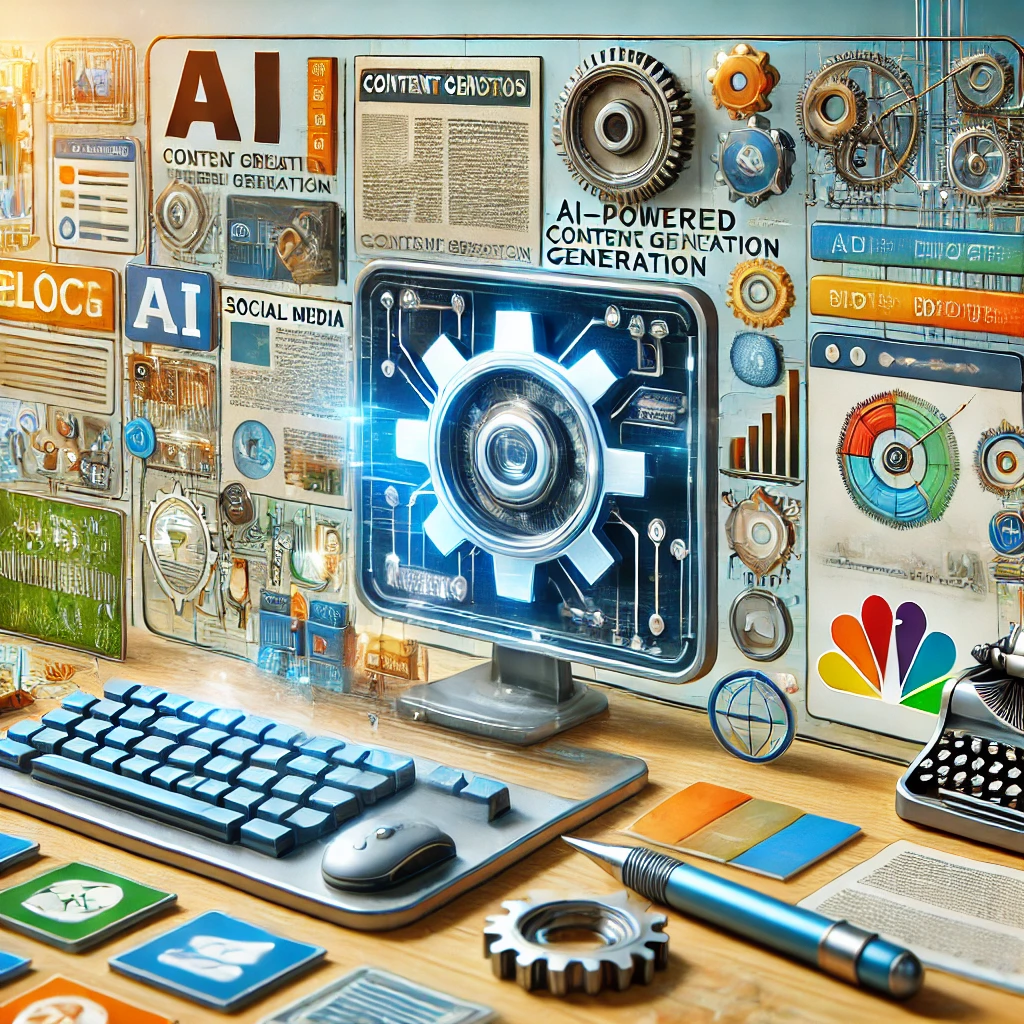
Artificial Intelligence (AI) has transformed the way we interact with language and technology. From chatbots to automated content generation, AI is reshaping how businesses and individuals communicate. In this blog, we will explore how AI is revolutionizing language processing and software development.
The Role of AI in Language Processing
AI-powered tools like Natural Language Processing (NLP) have enabled machines to understand, interpret, and generate human language with remarkable accuracy. Applications such as virtual assistants, speech recognition, and real-time translation have become part of our daily lives. AI words are no longer just predefined commands; they now include context-aware communication, making conversations more seamless and natural.
AI Development Services Transforming Businesses
Ai development services are playing a crucial role in streamlining business operations. Companies are leveraging AI-powered automation to optimize workflows, improve customer interactions, and enhance decision-making processes. From AI chatbots handling customer support to predictive analytics improving marketing strategies, AI development is reshaping industries.
Read More: Generative AI for Business Applications: Revolutionizing Industries
AI in Content Generation
One of the most impactful uses of AI in language is content generation. AI tools like GPT models can write articles, create marketing copies, and even generate poetry. Businesses use AI-driven content creation for blogs, social media posts, and product descriptions, saving time while ensuring quality and engagement.
Ethical Considerations in AI Language Models
While AI offers numerous benefits, ethical concerns regarding bias and misinformation persist. AI-generated content must be monitored to ensure fairness, accuracy, and compliance with ethical guidelines. Developers must focus on responsible AI deployment to maintain transparency and trustworthiness.
The Future of AI and Language
As AI continues to evolve, we can expect even more sophisticated language models capable of producing near-human text with better accuracy and adaptability. With ongoing advancements, AI words will further bridge the gap between human communication and technology.
FAQs
1. What is AI in language processing?
AI in language processing refers to the use of technologies like NLP and machine learning to understand, analyze, and generate human language efficiently.
2. How do AI development services benefit businesses?
AI development services help businesses automate tasks, improve efficiency, and enhance customer interactions through AI-driven solutions.
3. Can AI completely replace human writers?
While AI can generate high-quality content, human creativity and emotional intelligence are still essential for crafting engaging and nuanced content.
4. What are the ethical concerns in AI-generated language?
Ethical concerns include bias, misinformation, and lack of transparency. Developers must ensure responsible AI usage to maintain credibility.
5. What is the future of AI in language development?
The future of AI in language development includes more advanced models with improved contextual understanding, making communication more natural and efficient.

 Software Development
Software Development Food Delivery
Food Delivery Taxi Booking
Taxi Booking E-Commerce
E-Commerce Real Estate
Real Estate Healthcare
Healthcare



